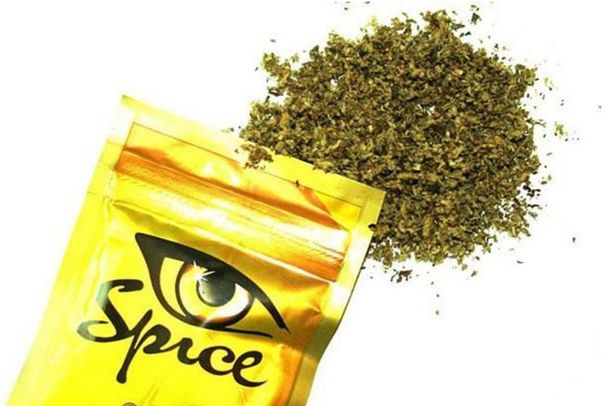
Spice: A drug with ‘zombie-like’ effects is causing huge problems in Manchester. So what is it?.
Originating in China, Spice is a drug often referred to as synthetic marijuana or ‘fake weed’ and its usage is reported to be steadily rising amongst homeless people, especially by those who have been in prison.
Spice is usually a brand name for synthetic cannabinoids – chemicals that are made to act like the active part of cannabis, a substance called tetrahydrocannabinol (THC). As synthetic cannabinoids act like cannabis the effects – good and bad – are likely to be very similar to cannabis. Some users will feel happy and relaxed, may get the giggles, feel hunger pangs and become very talkative. Others may feel ill or paranoid.
Synthetic cannabinoids are usually sold in ‘herbal’ smoking mixtures. Sometimes these smoking mixtures have been found not to contain any synthetic cannibinoids at all!
There are lots of different types of synthetic cannabinoids and a large number have become Class B drugs, which are illegal to have, give away or sell. You can never be sure what is in a smoking mixture so it’s often hard to tell whether it is illegal or not. There is no way to know which and how much of these drugs you are getting and how dangerous it could be.
Dr Robert Ralphs, a senior lecturer in criminology at Manchester Metropolitan University, who has conducted research into the use of spice among the homeless population in the city, said users reported that the drug was equally or more addictive than heroin. “It’s quite common for people to say it’s overtaken their heroin or methadone addiction,” he said.
Charity workers say the drug has proven popular among rough sleepers because it is cheap – £5 for half a gram – and strong, allowing them to “self-medicate” and forget the difficulties in their lives. A survey conducted the charity Homeless Link last year found that more than 90% of rough sleepers in Manchester had tried spice.













